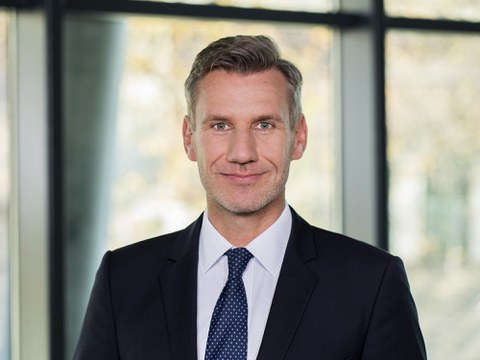Jun 25, 2024
Willing, but hesitant: An Empirical Study of the Stances of Chambers of Commerce in Germany on Right-Wing Extremism
Collaborative study with the University of St. Gallen and TU Dresden
The rise of right-wing populist and right-wing extremist movements has significant repercussions for Germany and Europe as a business location.
The German Chambers of Industry and Commerce and the Chambers of Crafts are expressing concern regarding this development, as their members are threatened with considerable competitive disadvantages due to anti-European, protectionist and socio-political reactionary efforts.

Prof. Markus Scholz
“Despite these negative consequences, many Chambers of Commerce are reluctant to take a clear stance against right-wing extremism and right-wing populism and to enter into partnerships promoting democracy, cosmopolitanism and diversity with other economic and societal actors,” explains Prof. Markus Scholz, Chair of Business Management esp. Responsible Management at the International Institute (IHI) Zittau, a Central Academic Unit of TU Dresden. “This is all the more remarkable given that many Chambers of Commerce are encouraged by their corporate members to get involved and encourage their members to stand up for fundamental democratic values,” adds Scholz.
To understand the reasons for this reticence, Prof. Scholz, together with Prof. Thomas Beschorner and Prof. Andreas Herrmann from the University of St. Gallen, conducted a nationwide study in April and May 2024, in which they surveyed 79 Chambers of Industry and Commerce and 53 Chambers of Crafts with a questionnaire on the topic of right-wing extremism. The extensive survey revealed that one possible reason for their restraint is their obligation to remain politically neutral. This principle sets strict limits on political statements that go beyond economic matters. “The principle of political neutrality, for which I have the utmost sympathy, must not, however, go so far as to lead us to remain silent in the face of attacks on democracy and the rule of law. These essential values should be defended not only by established parties and the public, but also by business,” says Prof. Andreas Herrmann.
Therefore, in their recommendations for action derived from the study, the authors suggest examining the regulatory conditions of the Chambers of Commerce. “We propose that a legal opinion be prepared to shed more light on the limits of political neutrality for Chambers of Commerce in cases involving their commitment to free and democratic principles. Under what conditions can Chambers of Commerce legitimately stand up for freedom and democracy? What kind of statements and measures are legally permissible?” asks Prof. Beschorner, lead and contact person of the study.
Contact:
Prof. Markus Scholz
Chair of Business Management esp.Responsible Management
IHI Zittau / TU Dresden
+49 3583 612-4178
Prof. Thomas Beschorner (Main Point of Contact and Head of Project)
Institute for Business Ethics / University of Gallen
+41 71 224 3143

